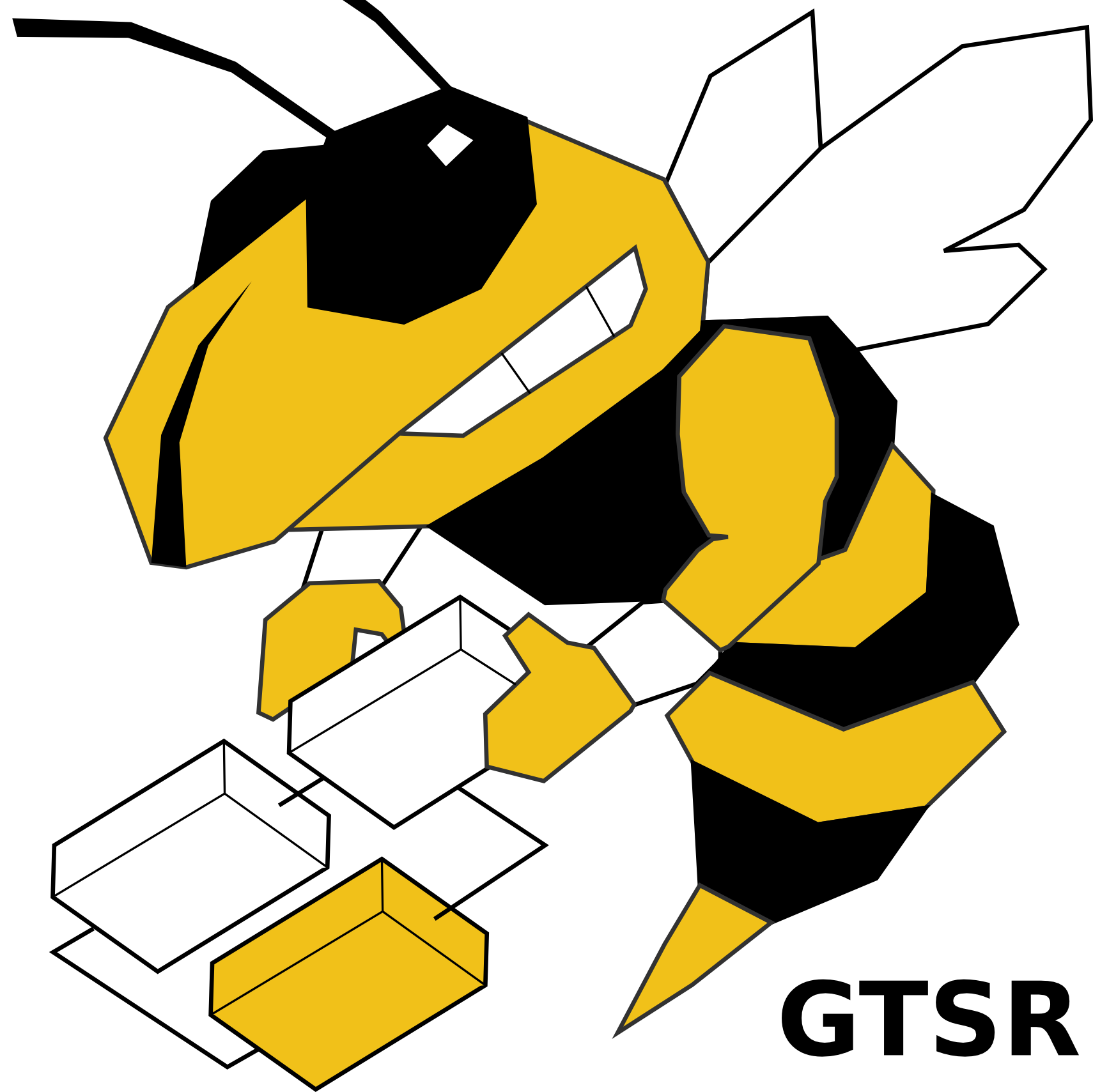Workshop on Lighter-Than-Air Autonomous Agents: A Hands-On Tutorial
Full-Day Workshop
Submission Opens: March 30th, 2022
Submission Deadline: May 17th, 2022
Response: May 20th, 2022
Workshop Date: June 7th, 2022
Website: https://www.gtsr.gatech.edu/openblimp/
Topics of Interest
- Control and Design of Lighter-Than-Air Vehicles
- Sensing and State Estimation
- Machine Learning for Swarms
- Robotics Swarms
- Soft Aerial Vehicles
- Alternative Flight Actuation Strategies
- Human-Robot Interaction
We are accepting poster presentations for consideration related to the topics listed above. Posters will have the opportunity to be presented and discussed during the Brown Bag Lunch break.
Organizers
Tony X. Lin, Georgia Institute of Technology, North Ave NW, Atlanta, GA 30332, e: tlin339@gatech.edu
Fumin Zhang PhD, Georgia Institute of Technology, North Ave NW, Atlanta, GA 30332, o: +1-404-385- 2751, e: fumin@gatech.edu
Donald A. Sofge, U.S. Naval Research Laboratory Code 5510, 4555 Overlook Avenue S.W. Washington D.C. 20375, o: +1-202-767-0806, e: don.sofge@nrl.navy.mil
Sridhar Ravi PhD, University of New South Wales-Canberra, Northcott Dr, Campbell ACT 2612, Australia, e: sridhar.ravi@adfa.edu.au
Advisory Committee
Hoa G. Nguyen PhD, Office of Naval Research Global, 875 N Randolph St, Arlington, VA 22217, e: hoa.g.nguyen2.civ@mail.mil
Daniel M. Lofaro PhD, Office of Naval Research Global, 875 N Randolph St, Arlington, VA 22217, e: daniel.lofaro@nrl.navy.mil
Objectives
Lighter-than-air autonomous agents (LTA3s) are platforms capable of achieving neutral aerial flight with limited or no actuation effort by use of a lighter-than-air gas-filled envelope, typically filled with helium. As a result, LTA3s can fly for long periods of times at the expense of aerial agility and are well-suited for long-lasting applications. In addition, these gas-filled envelopes minimize the size and danger of associated rotors and allow LTA3s to be human-friendly in close proximity. This platform also has strong applicability in verifying research in which there is a high risk of collisions between the agent and its environment. Due to the soft nature of the gas-filled envelope, researchers can safely test swarming or human-robot interaction strategies without risk of damaging expensive equipment or injuring test subjects.
In this tutorial, we’ll give participants a hands-on event on using LTA3s as platforms for aerial robotics and discuss how these platforms are useful for a wide variety of applications. This will include, but isn’t limited to, a discussion on platform design, flight dynamics, actuation techniques, sensing capabilities, and control methodologies along with discussions on how these capabilities enable research in swarming, navigation, and human-robot interaction. In particular, we aim to discuss the following questions: 1) how close-proximity multi-robot interactions can provide beneficial research directions in the swarming community, 2) how learning strategies can benefit from extended flight experiments, and 3) how human interactions can be carefully studied and modeled when robot agents can safely interact in closer proximity.
During the tutorial, participants will have access to physical LTA3s in which they will program to perform a predefined task and utilize to understand the unique benefits of LTA3s. Accompanied with this tutorial will be keynote lectures by government and industry leaders in the LTA3 field. The tutorial will conclude with a live demonstration of a swarm of the LTA3 agents performing the given task as implemented by the participants. Top tutorial participants will also be given one of the LTA3s on extended loan to allow them to perform LTA3 research at their home institutions.
Intended Audience
The intended audience for this workshop is international and U.S. based roboticists, computer scientists, and controls researchers working in the fields of aerial control, swarming, or human-robot interaction. This topic is of particular interest for researchers interested in conducting live experiments as LTA3s are safe and simple to use in experiments and are robust to collisions with other agents and the environment. We envision the workshop will also be of interest to students interested in learning about the current challenges in the growing field of lighter-than-air agents.
